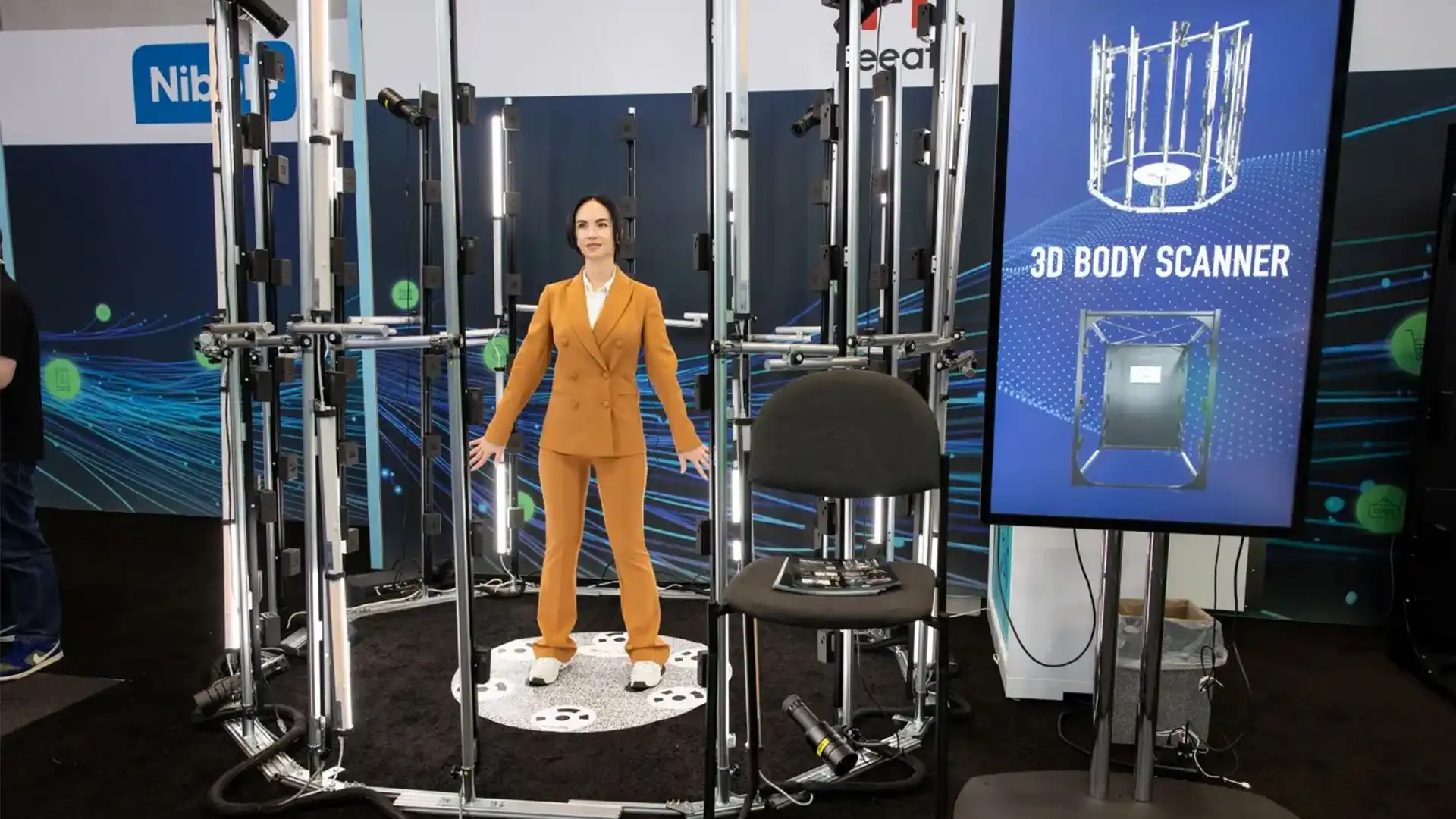Entrepreneurs have a unique mindset that combines a different way of looking at the world with a fearless, can’t-stop-won’t-stop attitude.
Curious about what goes on in the mind of an entrepreneur? Read on to learn how successful entrepreneurs think, and start developing your own entrepreneurial mindset for DECA and beyond.
1. How can I make this better?
Most entrepreneurs will tell you that the journey of entrepreneurship all starts with an idea, with many of the best ideas coming from looking at the world around them and finding ways to make it better. Finding a problem that needs solving and creating a solution, or looking at a current solution and asking “How can I make this better?” is the type of curiosity that leads to breakthrough ideas. Take Uber, who noticed the inconvenience of waiting for a taxi and found a better way to find a ride. Or Tesla, who took the automobile and found a way to make it better both for users and the environment.
Cultivate your entrepreneurial curiosity by looking at every product, service and process you encounter and asking yourself what you could do to improve it.
2. How can I be more efficient?
It’s no secret that entrepreneurs work a lot. While their minds are often always thinking about their business or the next big idea, being a successful entrepreneur actually isn’t about an always-on hustle. Successful entrepreneurs are fierce about their time because, for them, time really is money.
To be more like an entrepreneur, get on top of your time management in whatever way works for you: written to-do lists, physical planners or one of hundreds of digital apps and programs that keep you on time and on top of your game. (Wunderlist & Trello are a couple of our favorites.)
And while you’re at it, take a look at where your time may be going to waste (yes, we’re talking about things like hours of mindless scrolling on Instagram). Look for ways to get a better return on your time, like an entrepreneur would. See our article “5 Ways to Fuel Your Inner Entrepreneur” (page 12) or some great ways to spend some of that time you’re saving.
3. What do I need to get done today?
You know some of those perks of entrepreneurship that you’ve heard about, like no boss and completely controlling your own schedule? While pretty great, the flipside of these perks is that being an entrepreneur requires an immense amount of self-motivation with very little room for procrastination. While you set the schedule, you are also the one solely responsible for getting things done. For entrepreneurs, putting off their to-do list until the next day is like leaving money on the table for their business.
Each day, define what you need to get done to make progress against your goals – whether they be your DECA project, preparing for team tryouts or even getting your own business started.
4. “What are my strengths AND my weaknesses?”
Because entrepreneurs are the face of their business, self-awareness is critical to their success. Knowing your strengths helps you understand the type of activities you excel at and how you best interact with others.
And while it’s not always fun, knowing your weaknesses helps you determine where you may need to gain some additional competencies or experience challenges when communicating with others. For entrepreneurs, knowing both their strengths and weaknesses helps them successfully position themselves and their business to potential customers, clients and investors. Plus, this knowledge also helps them determine who would be complementary business partners or employees – a strategy you can use with pairing up with someone for your next competitive event.
Start identifying your strengths and weaknesses by doing some self-reflection. Then, reach out to people you trust like your teammates, fellow chapter members or your DECA advisor for some additional perspective. Remember to keep an open mind – it’s always about constant improvement!
5. Where can I get feedback?
In the same spirit of constant improvement, entrepreneurs aren’t afraid of feedback – good or bad. In fact, they seek it out. Being so immersed in their business or product, they often need an honest, outside perspective in order to keep fine-tuning their work. And while it may be tough to hear at times, getting constructive feedback early is much better to deal with than after a product or idea has already launched.
Of course, taking feedback from just anyone isn’t the best idea. Instead, entrepreneurs often have a trusted network of individuals (including friends, family, business partners and investors) who want to see them succeed and will provide constructive, honest feedback.
For more success in your DECA work and beyond, begin building this trusted network for yourself, and ask them for feedback early and often!
There is something artificial when everyone is agreeing with each other. It’s useful to indulge people who don’t agree, and see their viewpoint or force yourself to explain things better.”
-David Sack, founder of Yammer
6. How can I fail today?
Wait, what? Isn’t entrepreneurship all about finding ways to win? Well, yes. But entrepreneurs also know that failure is inevitable, especially if you’re taking risks and trying to do things differently. Failing is an opportunity to learn, and entrepreneurs really take this to heart.
Take it from Sara Blakely, the Founder/Inventor of Spanx who became the youngest self-made female billionaire in 2012 at the age of 41. When she was growing up, her father would ask her and her brother to share their daily failures at the dinner table so that they could celebrate what they gained from the experience. This created her personal mantra of “Failure is not trying,” which later gave her the resilience to pursue her billion-dollar idea.
While you may not directly try to fail on a daily basis, know that failure is going to happen. When it does, take a page from Sara’s book and find the positive lesson or memory from the experience, embrace the failure and move on!
You have to see failure as the beginning and the middle, but never entertain it as an end.”
-Herrin, founder and CEO of Stella & Dot
7. Why not me?
This last question is a big one, because it helps create a mindset that can combat the self-doubt that can easily come from the pressures of entrepreneurship. Because, if you haven’t already noticed, entrepreneurship can be tough! Asking “Why not me?” lets entrepreneurs take a step back and remember they already have all the skills, attitudes and motivation they need to succeed.
Whether you’re starting a business, kicking off a big project or facing some other type of new opportunity, it’s easy to get wrapped in why things might not work out for you. Instead, ask “Why not me?” and, like an entrepreneur, you’ll start to realize all the reasons why it will.
Ready to take your entrepreneurial mindset to the next level?
Consider competing for some #DECAGlass in one of DECA’s entrepreneurship competitive events.














